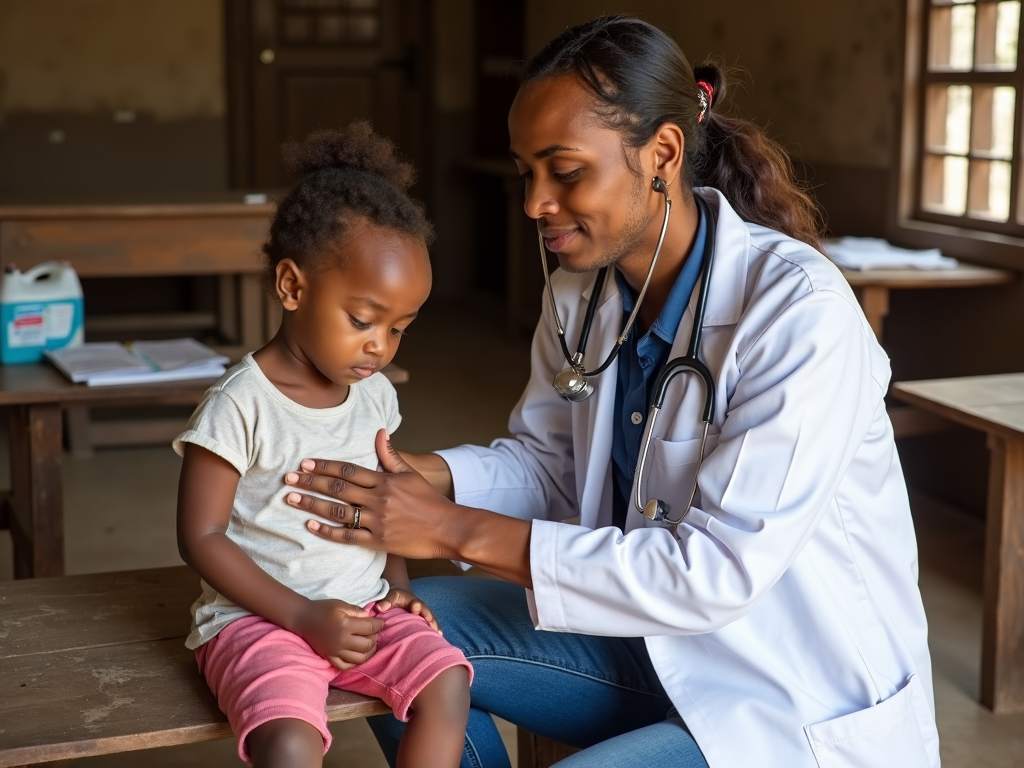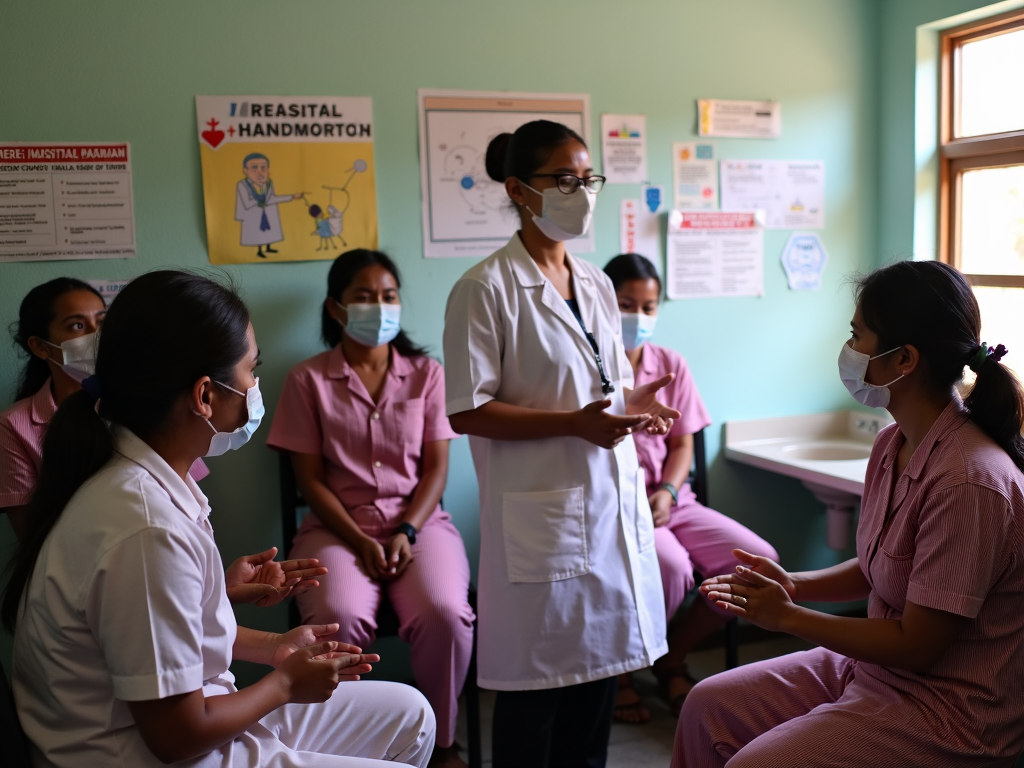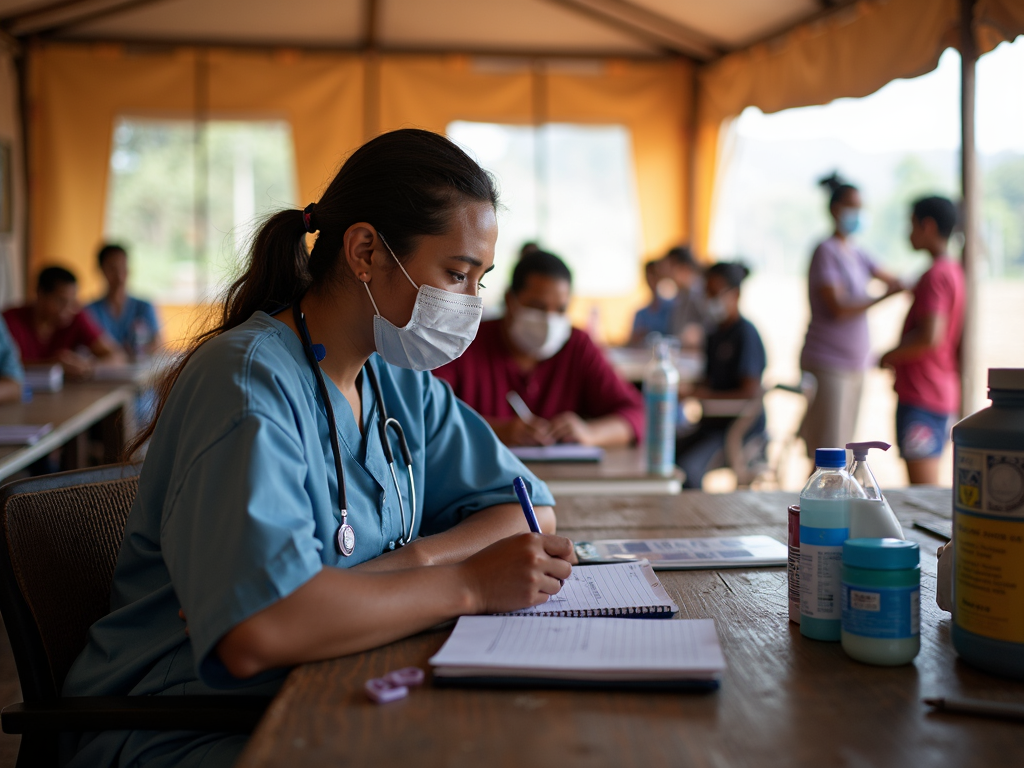International Volunteering for Healthcare Professionals: A Guide to Making a Difference Abroad
By , July 8, 2025
International volunteering for healthcare professionals offers a unique chance to help people while growing personally and professionally. Imagine bringing medical care to a remote village or teaching local staff new skills. This article covers why healthcare workers volunteer abroad, the opportunities available, and how to get started. It also highlights benefits, challenges, and real-world insights to guide you.

Many healthcare professionals choose international volunteering to use their skills where they’re needed most. Opportunities include working in clinics, hospitals, or community health projects. Groups like Doctors Without Borders provide emergency care in crisis zones. Others, like Health Volunteers Overseas, focus on training local workers. Each program varies in location, length, and focus, so you can find one that fits your expertise.

The benefits of volunteering abroad are huge. You’ll sharpen your skills by working in tough conditions, like treating patients with limited tools. You’ll also see how healthcare works in other countries, which can make you a better professional. Plus, you’ll help communities that lack medical care. Many volunteers say these experiences change how they view their work and the world.

But international volunteering isn’t always easy. Cultural differences can be tricky—patients might expect care in ways you’re not used to. Language barriers mean you might need a translator or basic phrases to get by. Limited supplies can also test your creativity. Still, adapting to these challenges builds resilience and teaches you to think on your feet.

Preparation is key to a successful volunteer trip. Here’s how to get ready:
- Research programs: Pick one that matches your skills and goals.
- Check health needs: Get vaccinations and travel insurance.
- Learn the basics: Study the local language and customs.
- Pack smart: Bring essentials like scrubs and a first-aid kit.
Taking these steps helps you hit the ground running.

Meet John, a doctor who volunteered in Guatemala. He worked in a mountain clinic with no electricity. 'It was hard,' he says, 'but I learned to diagnose without fancy machines. The locals taught me about herbal remedies, and I shared modern techniques. We helped each other.' Stories like John’s show how volunteering connects people across cultures.

Volunteering abroad makes a big difference. The World Health Organization says healthcare volunteers fill gaps in poor regions. In 2020, over 10,000 professionals treated millions of patients globally. A Harvard Medical School study found that volunteers also boost local skills, leaving a lasting impact. Your work can save lives and strengthen communities.

Wondering if volunteering is right for you? Consider this table:
| Factor | Pros | Cons |
|---|---|---|
| Skills | Gain new abilities | Limited resources |
| Impact | Help underserved areas | Cultural adjustments |
| Experience | See new healthcare systems | Language challenges |
Weigh these to decide if it’s your path.

In short, international volunteering for healthcare professionals blends rewards with challenges. You’ll grow as a person and professional while helping others. Research well, prepare thoroughly, and dive in with an open heart. Ready to volunteer? Your skills can change lives around the world.